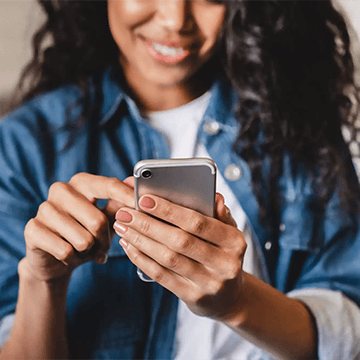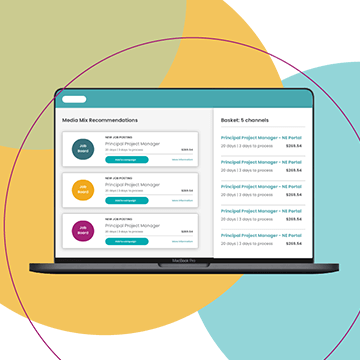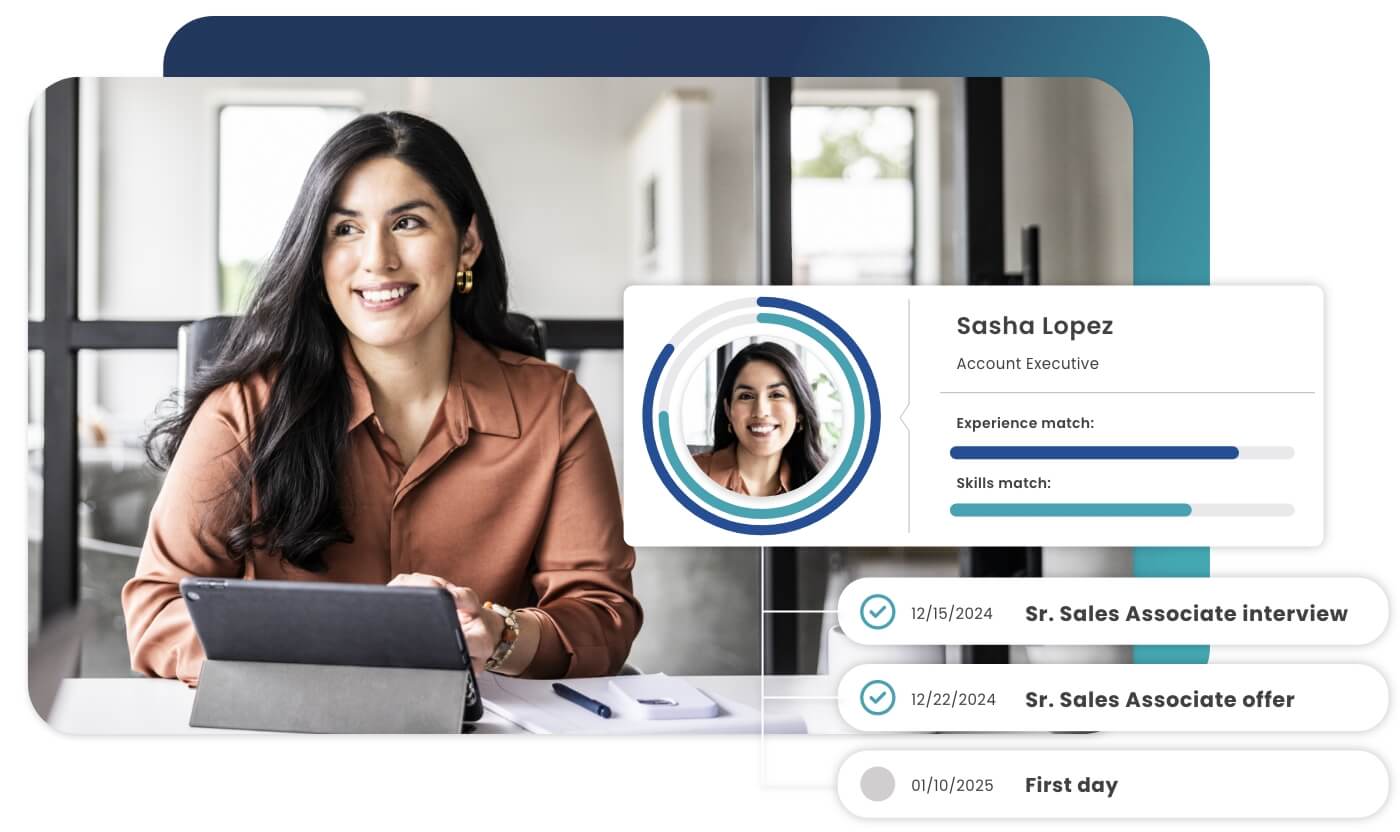

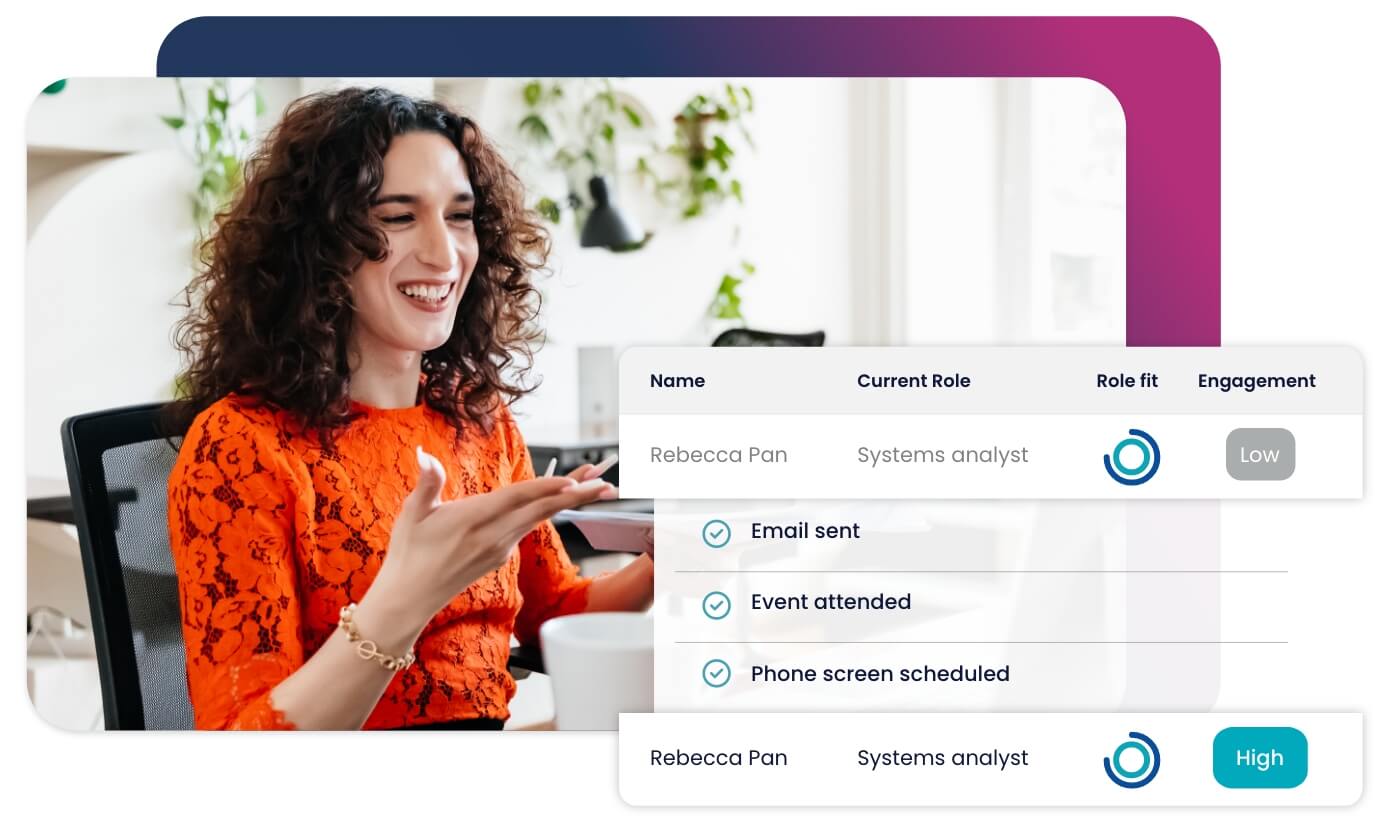
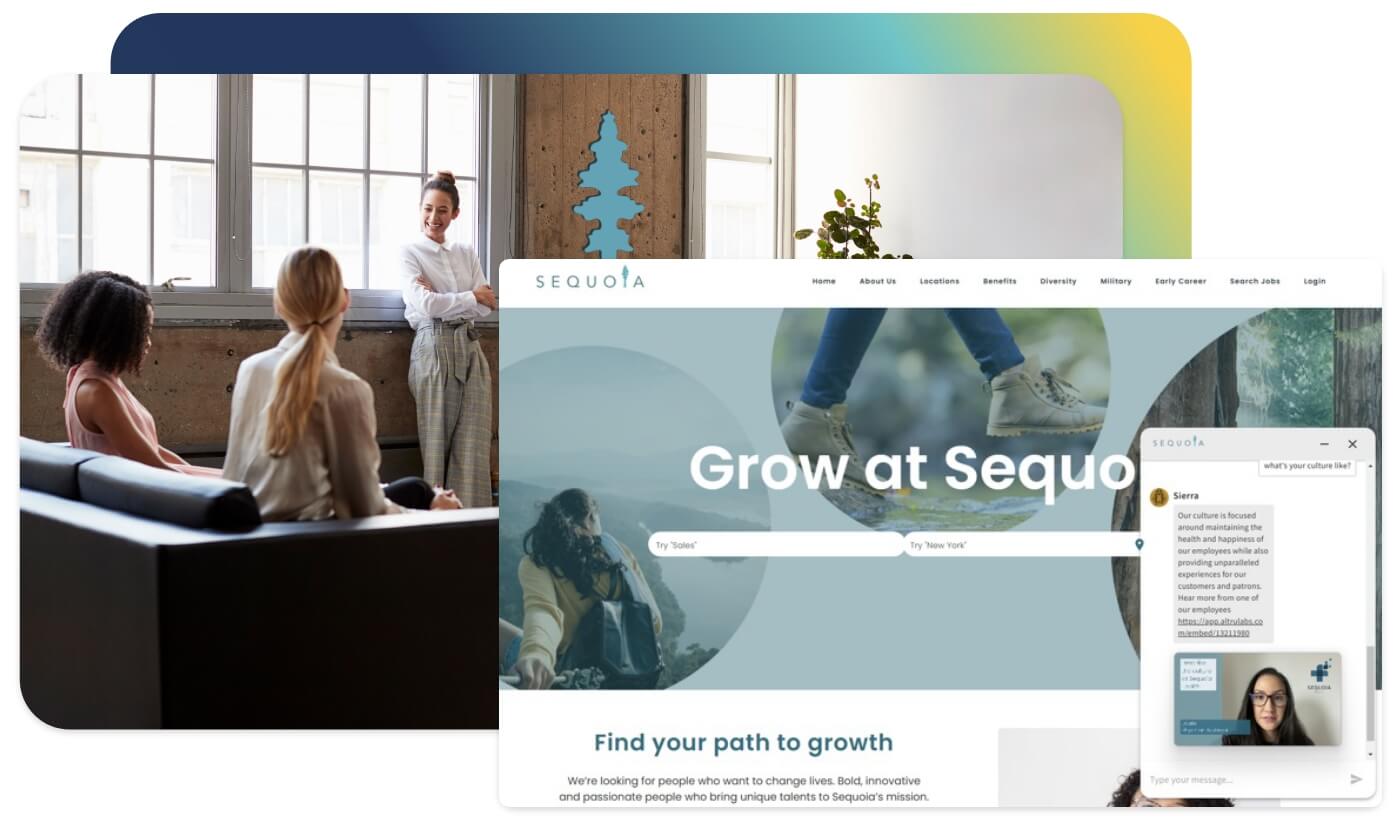


Accelerate hiring key talent to deliver care and exceed patient satisfaction.
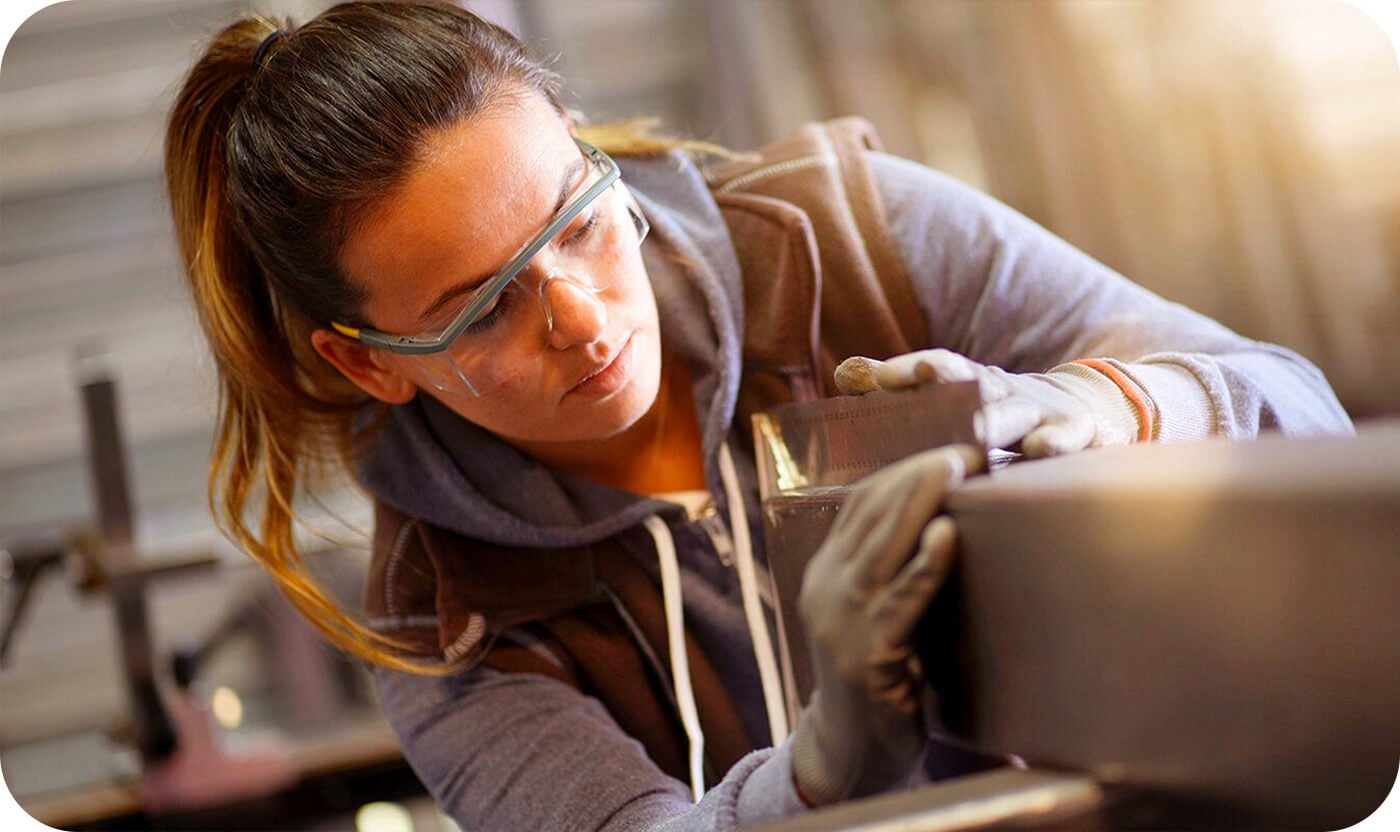
Attract skilled candidates, speed up hiring and grow expertise in your workforce.

Simplify recruiting finance and banking talent with a platform for hard-to-fill roles.


Build a talent pipeline that engages and drives your business forward.


See how diverse and global enterprises use iCIMS to employ millions, drive innovation and connect communities worldwide.

Uncover unique market insights, explore best practices and gain access to talent experts across our library of content.


View press releases, media coverage, the latest hiring data and see what analysts are saying about iCIMS.

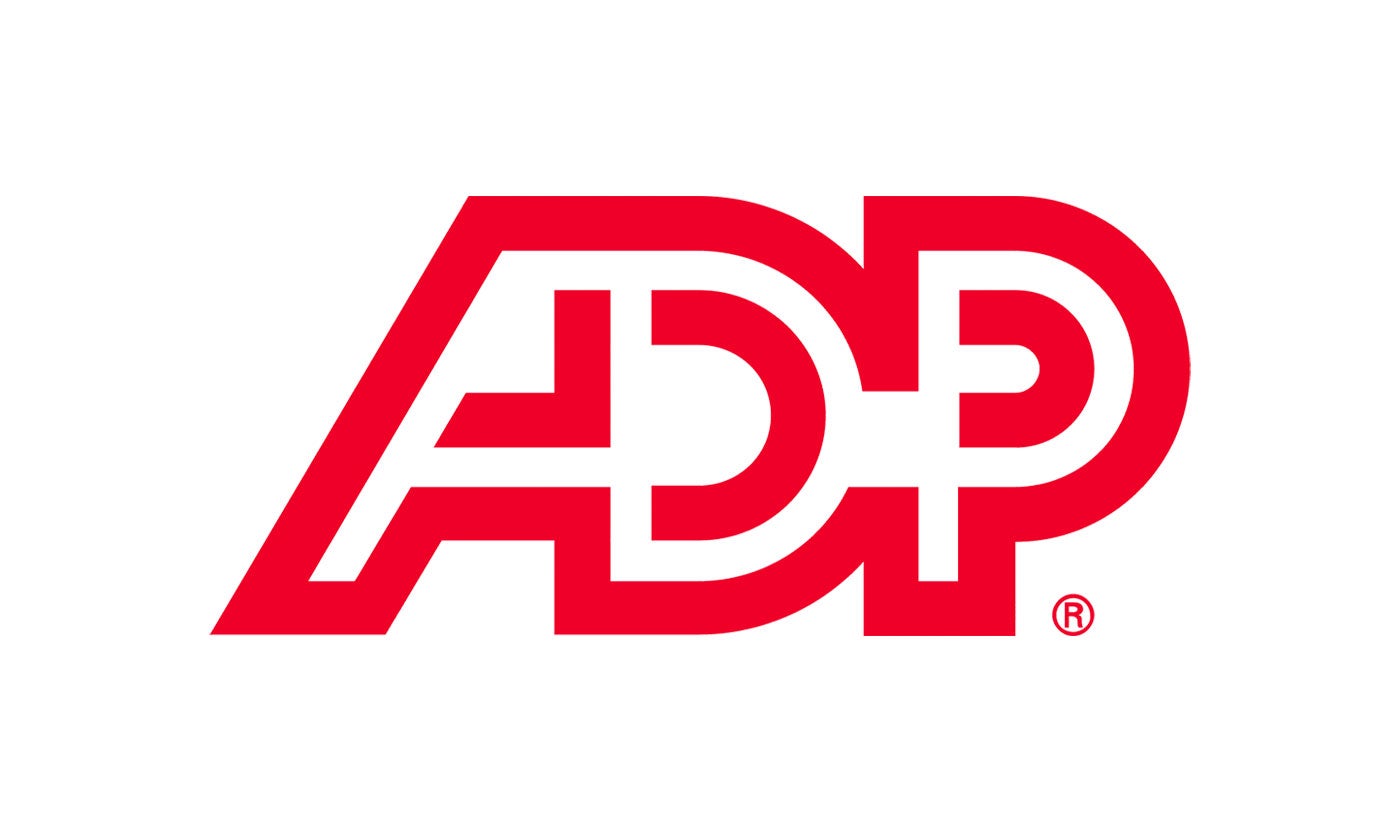
Streamline your tech stack and take advantage of a better user experience and stronger data governance with ADP and iCIMS.
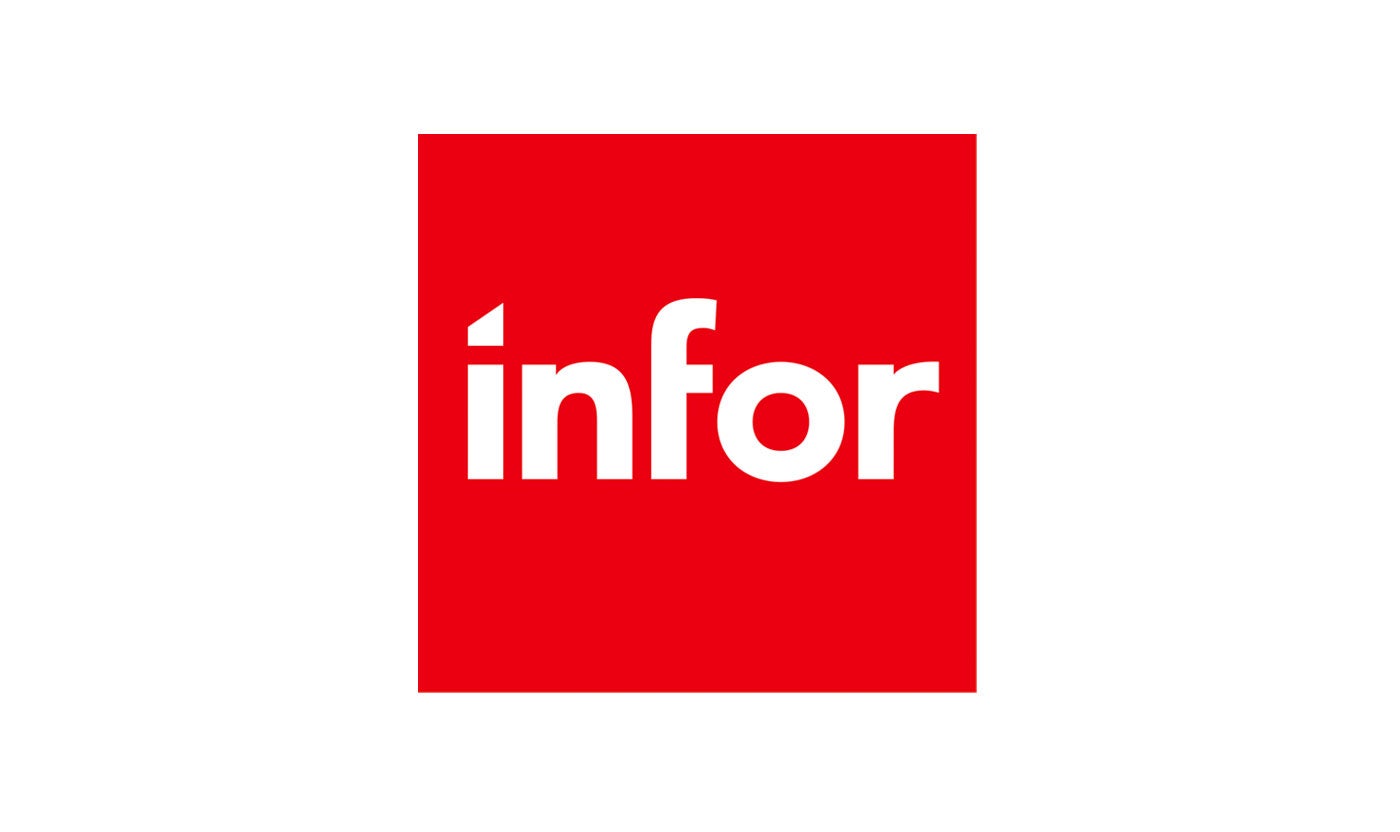
The combined power of iCIMS and Infor helps organizations strategically align their business and talent objectives.
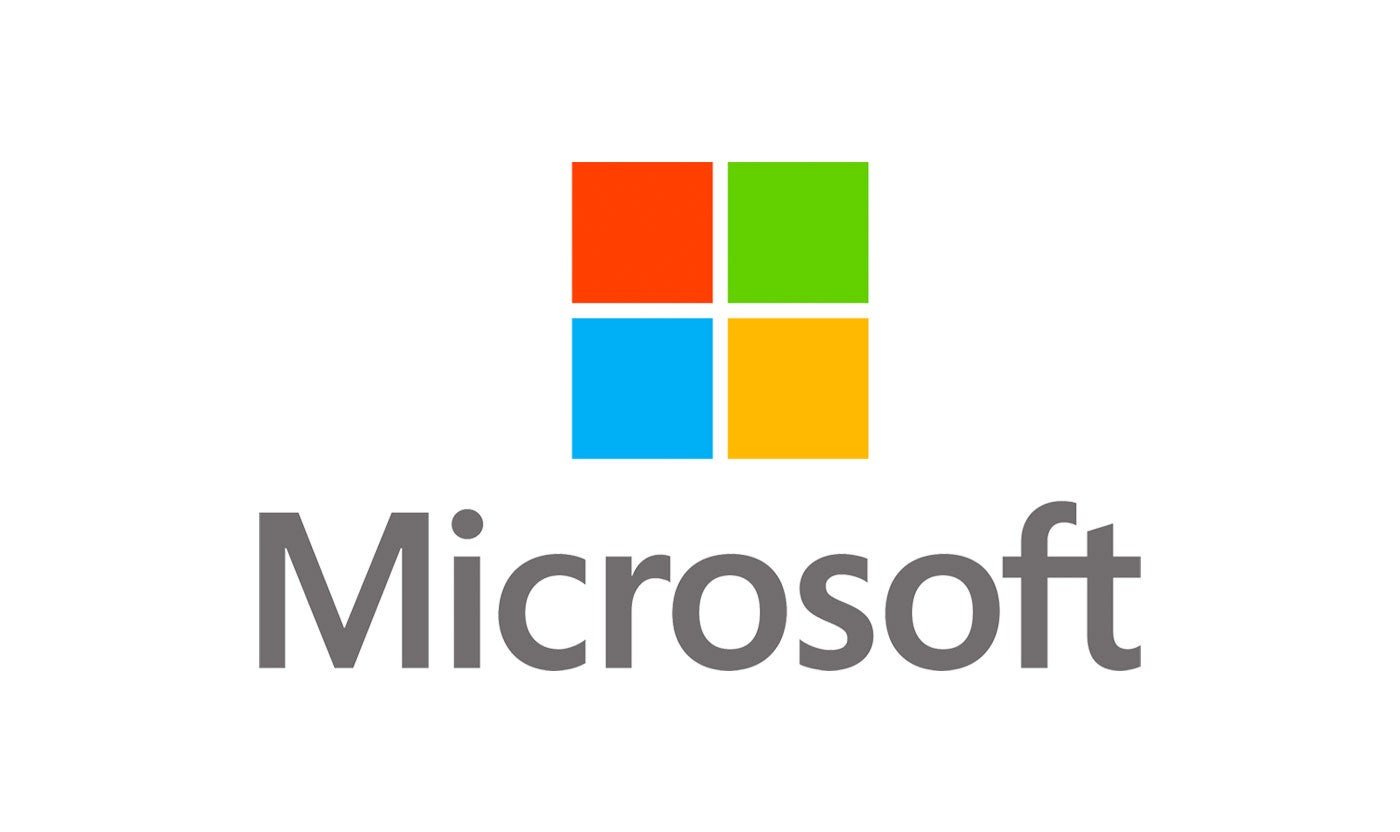
Our award-winning partnership with Microsoft is grounded in a shared desire to transform the workplace and the hiring team experience.
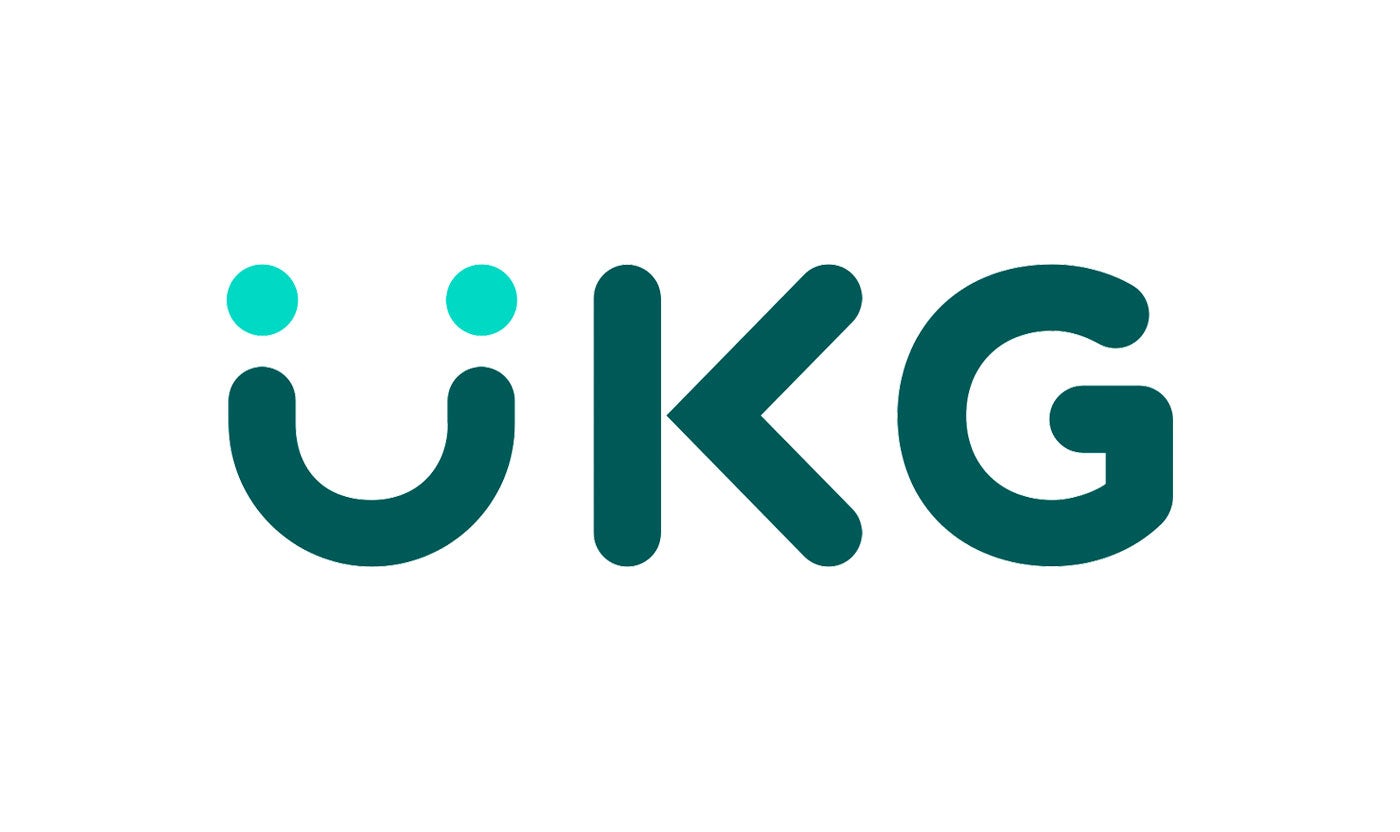
Our partnership with Ultimate Kronos Group (UKG) supports the entire talent lifecycle by bringing frictionless recruiting solutions to UKG Pro Onboarding.

Today you can go to work, tour a home, order groceries, attend a concert, explore world-class museums, and maybe even find love – all from the relative comfort and safety of your couch. This is the real story of 2020, or at least part of it anyway. Understanding modern life is impossible without first understanding just how much of it takes place online.
Welcome to the wonderful world of digital transformation.
For decades businesses have sought to move more and more of their operations online – including essential HR functions such as recruiting. This year has fast-tracked those plans by years.
Enter the fastest, easiest – dare we say the best – way to transform how you hire. Enter a recruiting chatbot.
Why chatbots? First, because chatbots represent more time back in your recruiters’ days.
That’s time they don’t have to worry about coordinating background checks or scheduling interviews. Valuable time they can now spend sourcing and building authentic, one-on-one relationships with candidates. That’s true whether you’re hiring for multiples of the same role or looking for that one purple unicorn.
Second, interacting with your company is easier for job seekers when you employ a recruiting chatbot. Chatbots are a convenient, low-pressure way to find information, learn about job openings, and start the application process instantly from any device.
So, you like the idea of a recruiting chatbot. But what about training one? It’s a lot simpler than it sounds. Today, we’ll focus on the questions your chatbot should be prepared to answer and how to get started.
Did you know? Companies with sophisticated recruiting processes and technology generate an average of 18% more revenue and 30% more profit per employee?
Most of what your chatbot needs to know about your company is evergreen. Questions about when your company was founded and where it’s located won’t change often, if at all. Barring major changes to your organization or hiring process, your chatbot is good to go once it’s set up (although we do recommend periodic audits to make sure the information is up to date).
However, it’s wise to consider current events and trends. Job seekers will ask your chatbot about your company’s response to the events 2020 has put on our plates. For example, since COVID-19-related lockdowns began in March of 2020, we’ve seen a huge uptick in the number of job seekers asking about flexible hours and work from home policies.
Did you know? Recruiting chatbots engage job seekers who might not otherwise interact with a recruiter. In the first half of 2020 iCIMS ARI interacted with more than 1M unique job seekers.
This chatbot knows more about pizza than you
While many questions will be somewhat transactional in nature (“how much will I get paid an hour?”), there’s opportunity to train your chatbot to sell unique and compelling aspects of your employer brand.
Take your company culture for example. RPM Pizza, the largest Domino’s franchisee in the U.S., trained their recruiting chatbot Dottie “to share fun facts, like how many slices are in a large pizza, and to deflect inappropriate questions.” Dottie is very much a characterization of RPM Pizza’s brand; she’s fun, bubbly, earnest, professional.
But there’s more to her than meets the eye. Dottie played a pivotal role in cutting RPM Pizza’s employee turnover rate by half and keeping it well below the industry average. While Dottie exemplifies a fun work environment, she’s also upfront and honest about the fast-paced nature of the business. This encourages poor fits to self-select out of the hiring process before it gets started.
Questions about job openings are pretty straightforward. You can draft answers that address these questions or program your chatbot to explain that specific details will be discussed later with a recruiter.
Ever read a job description and thought to yourself, I have no idea what this job actually is. Am I qualified? Chatbots cut through the legalese and corporate jargon to connect job seekers with the right roles. Using smart matching technology, your chatbot can suggest jobs based on the interests and experience job seekers share.
Did you know? Chatbots free up recruiters by engaging in conversation and fielding frequently asked questions. In the first half of 2020, iCIMS ARI sent and received more than 70M texts and answered nearly 125,000 candidate questions.
Most questions about applying will be simple. But there’s one last, big advantage to cover.
Your chatbot doesn’t just help active job seekers. Like any good recruiter, your chatbot courts potential applicants who weren’t quite ready to apply. Whether a job seeker is passively looking or just doing a bit of research, your chatbot knows when to ask and when to play it cool.
At first, chatbots introduce themselves and play an informative role. Hello, how can I help you today? As the conversation progresses, they seek to convert job seekers who indicate they’re open to applying.
As a potential candidate, there’s less pressure when talking to a chatbot versus a human. This also frees your recruiters to spend their time focused on interested job seekers.
Did you know? Chatbots are ideal for high-volume administrative tasks. In the first half of 2020, iCIMS ARI received nearly 1M applications by text and set up over 30,000 interviews.
Want to learn more about what a chatbot can do for your team? Check out our Definitive Guide to Creating Recruiting Chatbots to get your newest recruiter up and running. Get your copy here.



